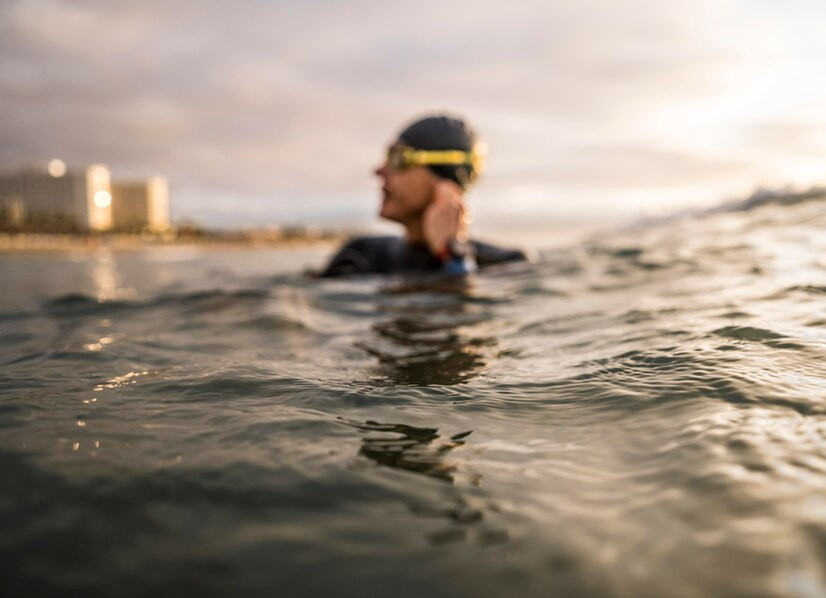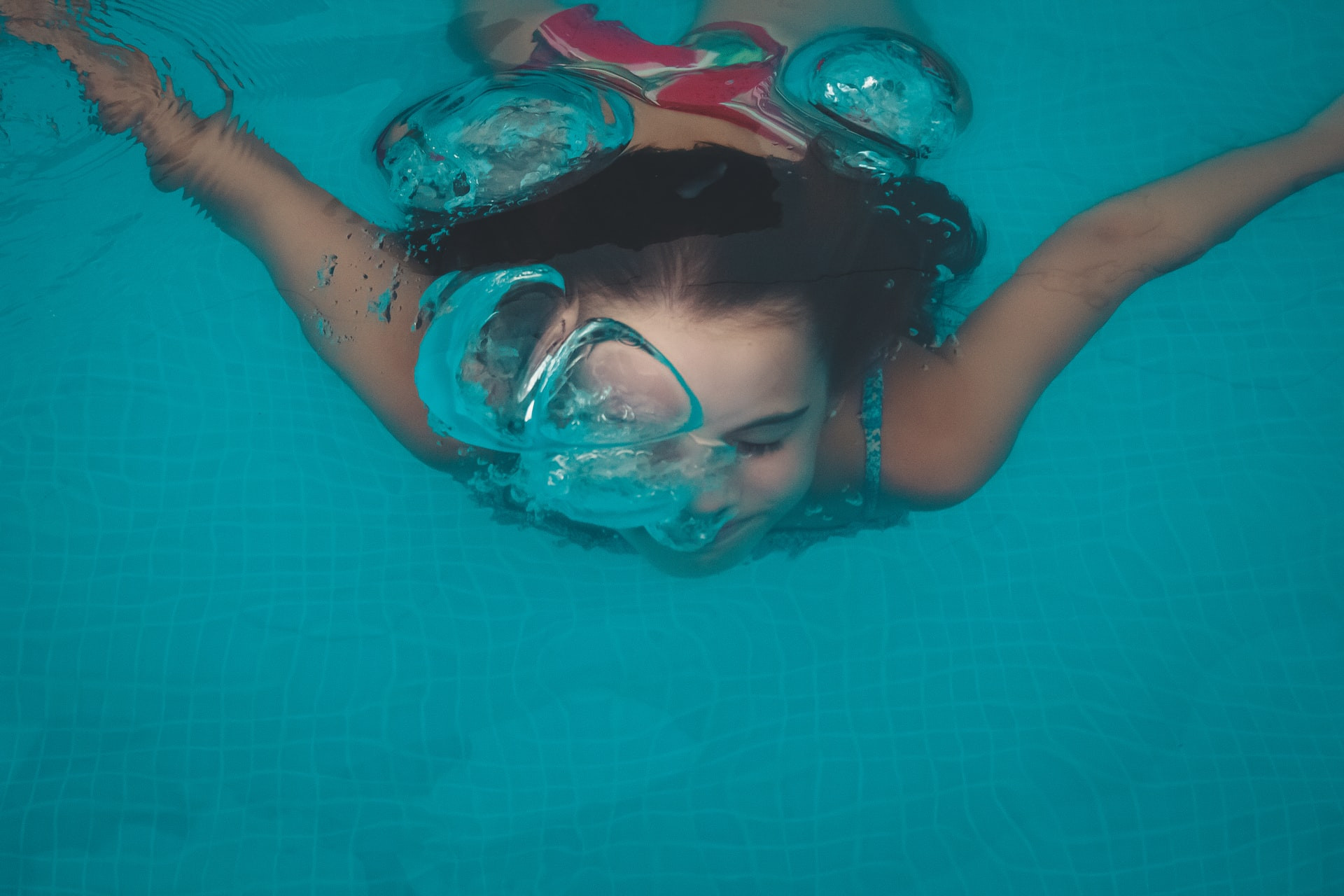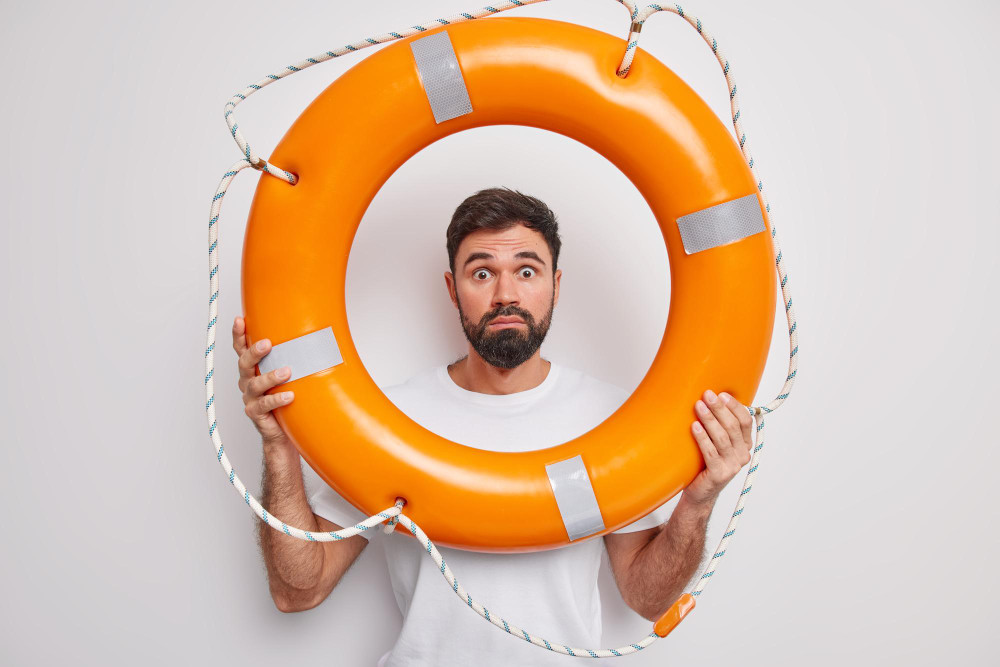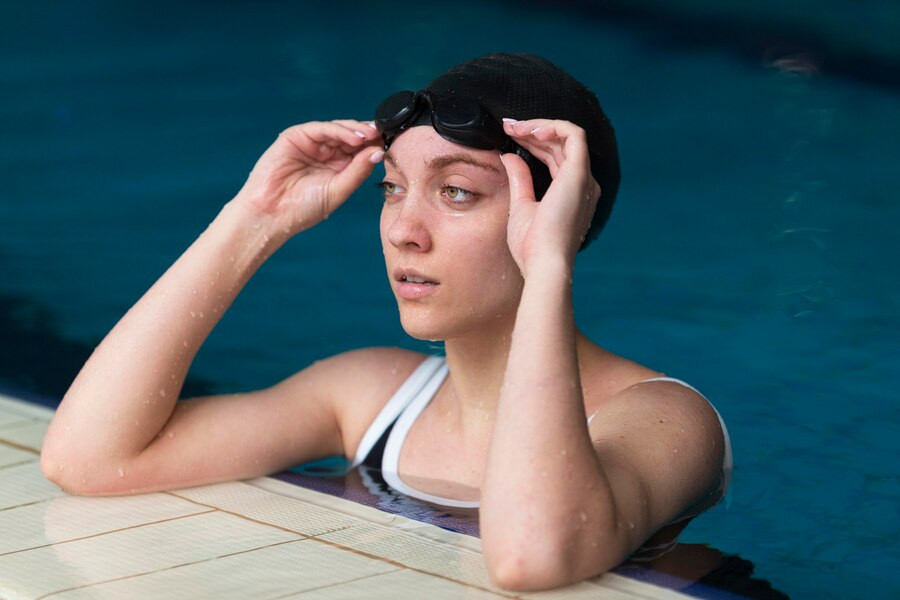The beach is a fascinating and enjoyable place for kids and teenagers as it is situated on the sea's edge. However, it is crucial to be aware of the potential dangers. These include ocean currents, large waves, unpredictable water depths, submerged objects, and sudden weather changes.
According to research, drowning in the sea is a common occurrence due to inadequate swimming skills and lack of knowledge about swimming safety at the beach. To avoid the risk of drowning, following some tips for safe swimming at the beach is essential.
Prevent drowning at the beach while swimming with these tips
When swimming at the beach, there are several important things you need to know to prevent drowning, including:
Be a good swimmer
Mastering swimming skills can reduce the risk of drowning by up to 88%. So it is very important to ensure that you have swimming skills before playing in the water when going to the beach.
Swim only in safe areas
Make sure to swim in a safe area with safe swimming instructions. Avoid swimming outside the designated limits, especially when signs prohibit swimming.
Read more: Things Parents Should Know To Prevent Children From Drowning
Exit the water immediately if you're uncertain or doubtful
Human instinct is something that should not be ignored. If you feel unsure or uncomfortable while swimming, leave the water immediately. Sudden weather changes, inadequate physical conditions or strong currents sometimes make your instincts lead you to avoid water.
Be aware of the weather and water conditions.
Before swimming, you should check the weather and water temperature. Avoid swimming when the water temperature is too low; don't swim in the rain, especially with thunder and lightning. If the weather changes suddenly, leave the water immediately and return to land.
Don't swim alone
It is important never to swim alone, even if you are a skilled swimmer. Always have a friend or group with you and watch for each other’s safety. While lifeguards may be present in the swimming area, they cannot provide individual supervision to each person, which is why having a swimming partner is crucial.
Read more: How Is The First Aid For Victims Of Drowning?
Understanding the current
Ocean currents, tides, and high waves are unpredictable factors in open waters. Always pay attention to changes in currents and waves. If you get caught in the current, stay calm and swim parallel to the shore until you can leave and return to land.
Don't consume alcohol
Avoid consuming alcohol both before and while swimming in the water. Alcohol can impair your perception of danger, reducing your balance and coordination. Consuming alcohol also makes you more susceptible to risks and accidents in open water.
Open water activities can present risks. Follow these safety tips to minimize danger while swimming or playing.
If you need medical advice or consultation, you can either visit a doctor or make use of the consultation features that are available in the Ai Care application by downloading the Ai Care application from the App Store or Play Store.
Looking for more tips and tricks for health, first aid, and other home treatments? Click here!
- dr. Monica Salim
Better Health Channel. Swimming - preventing injury. Available from: https://www.betterhealth.vic.gov.au/health/healthyliving/swimming-preventing-injury#how-to-be-safe-at-the-beach
National Drowning Prevention Alliance (2018). 10 Open Water Safety Tips. Available from: https://ndpa.org/10-open-water-safety-tips/
Mark Woods, et all (2022). Identifying risk factors and implications for beach drowning prevention amongst an Australian multicultural community. Available from: https://www.ncbi.nlm.nih.gov/pmc/articles/PMC8751996/
American Red Cross. Swimming Safely at the Beach. Available from: https://www.redcross.org/get-help/how-to-prepare-for-emergencies/types-of-emergencies/water-safety/beach-safety.html











